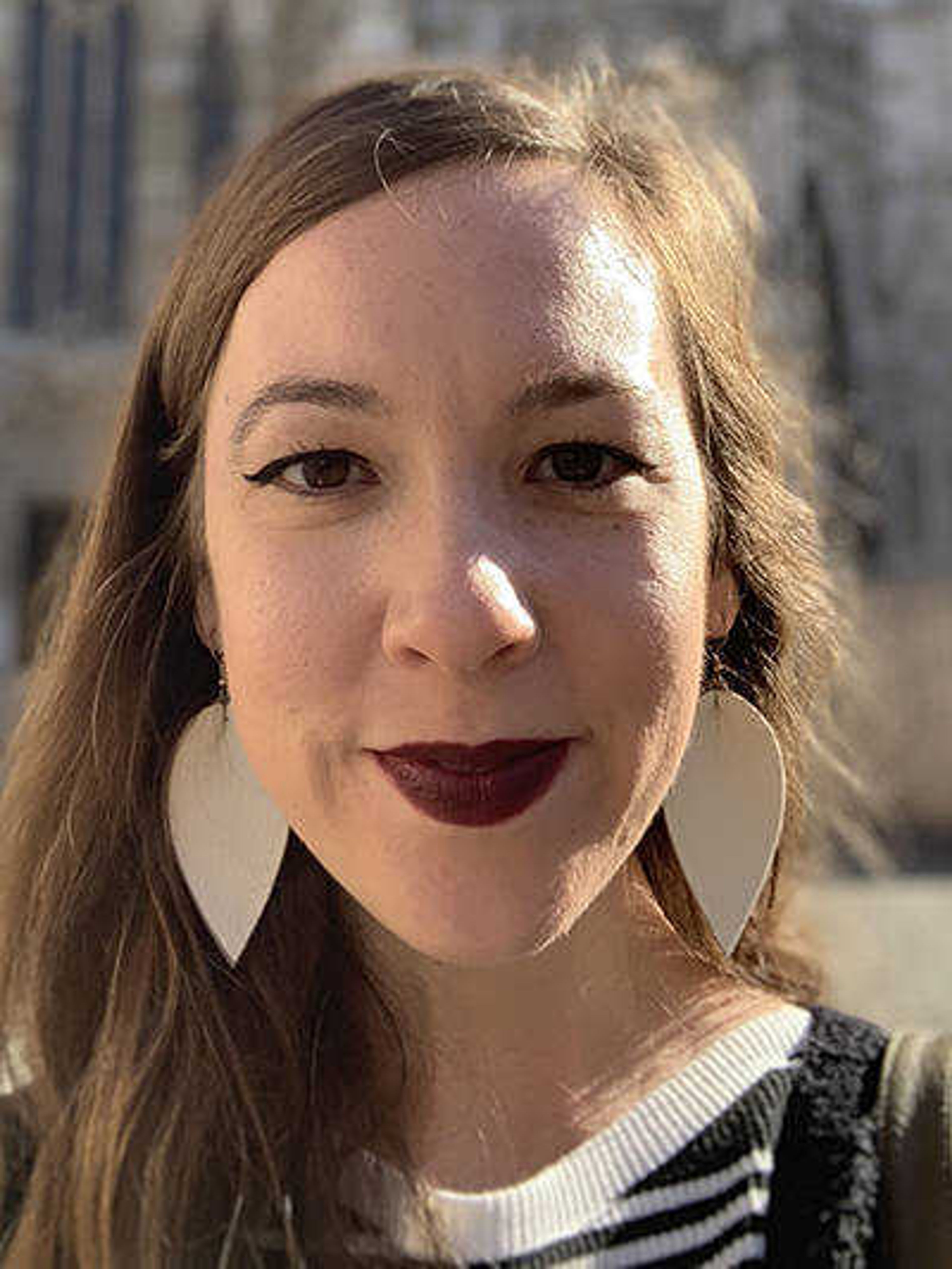Understanding interdependence
Because I recently taught college students who are transitioning into adulthood and am navigating the transition from being a student to life after school myself, I have been thinking lately about interdependence and how to balance being both an individual and part of a community -- specifically, part of a family...
By Mia Pohlman
Because I recently taught college students who are transitioning into adulthood and am navigating the transition from being a student to life after school myself, I have been thinking lately about interdependence and how to balance being both an individual and part of a community -- specifically, part of a family.
In her book Radical Presence: Teaching as Contemplative Practice, college professor Mary Rose O'Reilley writes about a workshop she attended in which the presenters insisted the freshman student's job is "to separate from the family and individuate." It's a familiar trope that appeared throughout my education as well.
O'Reilley, however, disagrees with this approach, pointing out this is only one idea of the purpose of the first year of college and should not be presented as objective truth, since it is only one way of relating to the world.
Instead, she proposes, "What if we were to define our job as nurturing the student's relationship to family and neighborhood, mediating the differences between university and home life? Might that avoid some of the alienation students feel, that, indeed, most humans feel as they try to bridge their professional lives and the life that came before that?"
I think there is a lot of wisdom in O'Reilley's approach -- it seems to be one that does not ask people to deny a part of themselves, but rather to bring together who they have been, who they are and who they are becoming, as well as the people who have shaped them throughout each of these seasons, and to allow all of this to be a part of the present.
It reminds me that sometimes in Scripture, Jesus calls people to leave behind the places and people they are from to follow him and create a new community of interdependence, as he calls Simon, James and John in Luke 5:1-11 and Mary Magdalene, Joanna and Susanna in Luke 8:1-3.
And sometimes, Jesus calls people to go back to the place they are from and be new in that place, integrating people and experiences, as he calls the woman at the well in John 4:4-42, the man who is paralyzed in Luke 5:17-26 and the leper in Mark 1:40-45.
Perhaps in our own modern lives and times, too, Jesus calls us in one of these ways or both of these ways during different seasons.
No matter the way he calls us, perhaps integrating the places, people and experiences of our lives -- welcoming them all and allowing them to exist together -- and being interdependent, allowing someone else to rely on the strengths we contribute as we rely on theirs, are a way to wholeness and joy as we rely on God.
Connect with the Southeast Missourian Newsroom:
For corrections to this story or other insights for the editor, click here. To submit a letter to the editor, click here. To learn about the Southeast Missourian’s AI Policy, click here.










